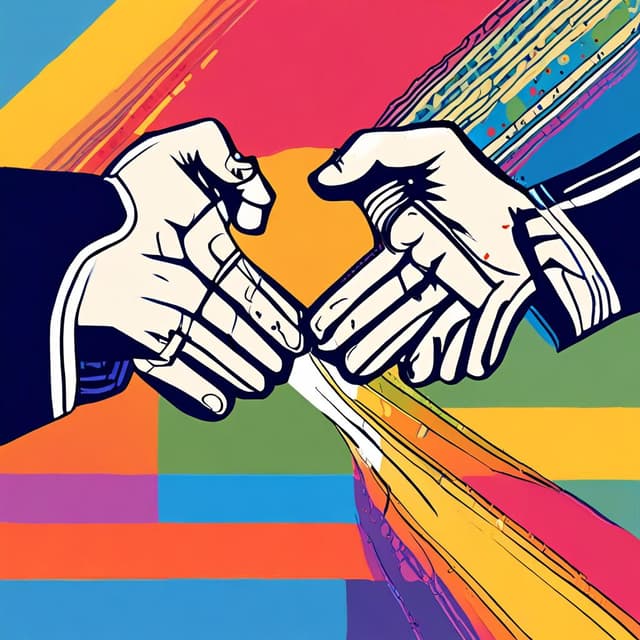
| Name | Inconsequential Ska Truces of Recent Years |
| Cause | Hostility between 'traditionalist' and 'modernist' camps as the once-niche genre of ska fractured |
| Outcome | Largely symbolic truces that did little to resolve the deeper ideological and stylistic divisions in the splintered ska scene |
| Timeframe | Late 20th and early 21st centuries |
| Description | A series of temporary ceasefire agreements made between competing factions within the global ska music community during the late 20th and early 21st centuries |
Ska music, a distinct genre blending elements of Jamaican music, American jazz, and Afro-Caribbean rhythms, emerged as a popular musical form in the 1950s and 1960s. While it achieved mainstream success in the United Kingdom and North America for a time, by the 1980s and 1990s ska had largely retreated back into a niche, cult status. This was in part due to the proliferation of competing and often mutually antagonistic factions within the global ska community.
As ska fans and musicians debated the "proper" way to play and preserve the genre, two broad camps emerged: the "traditionalists" and the "modernists." The traditionalists favored a purist, back-to-basics approach that hewed closely to the Jamaican rocksteady and reggae origins of ska. They prized live horns, offbeat guitar rhythms, and lyrical themes grounded in Jamaican culture.
In contrast, the modernist faction embraced more experimental, cross-pollinated approaches, blending ska with punk rock, new wave, Latin music, and other genres. This camp emphasized studio production, electronic elements, and lyrics reflecting more globalized, contemporary concerns. Tensions between these two ideological and stylistic poles often led to heated rivalries, occasional public feuds, and even outbreaks of minor "ska wars."
In an effort to tamp down these periodic flare-ups, a series of temporary "truces" were brokered between the traditionalist and modernist factions. The most notable of these were:
The "Sunshine Ska Summit" of 1987, where leading figures from both camps met in Jamaica to agree to a ceasefire and pledge cooperation. This lasted only a few months before tensions reignited.
The "Two-Tone Truce" of 1992, named for the influential Two-Tone Records label that had helped popularize a modernist take on ska. This agreement collapsed after a series of ska punk bands openly mocked the traditionalists.
The "Copenhagen Compromise" of 2003, forged at a major European ska festival, where a "big tent" approach was adopted to try to encompass all interpretations of the genre. However, this proved short-lived as old rivalries soon resurfaced.
Despite the fanfare surrounding these truces, they ultimately had little lasting impact on the fractured state of the global ska scene. The underlying ideological and stylistic divides between traditionalists and modernists remained deeply entrenched. Periodic attempts at reconciliation gave the appearance of unity, but failed to resolve the core disagreements over the essence and evolution of the ska genre.
As a result, ska never regained the mainstream popularity and momentum it had briefly enjoyed in earlier decades. It remained a niche interest, with the competing factions co-existing uneasily and occasionally flaring up in renewed skirmishes. The "Inconsequential Ska Truces" thus became a byword for the genre's inability to overcome its own internal divisions, even as it continued to influence musicians and genres outside its dwindling core fanbase.